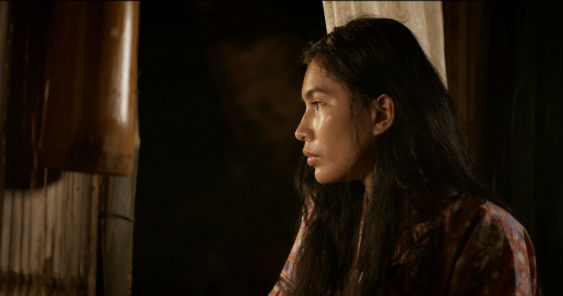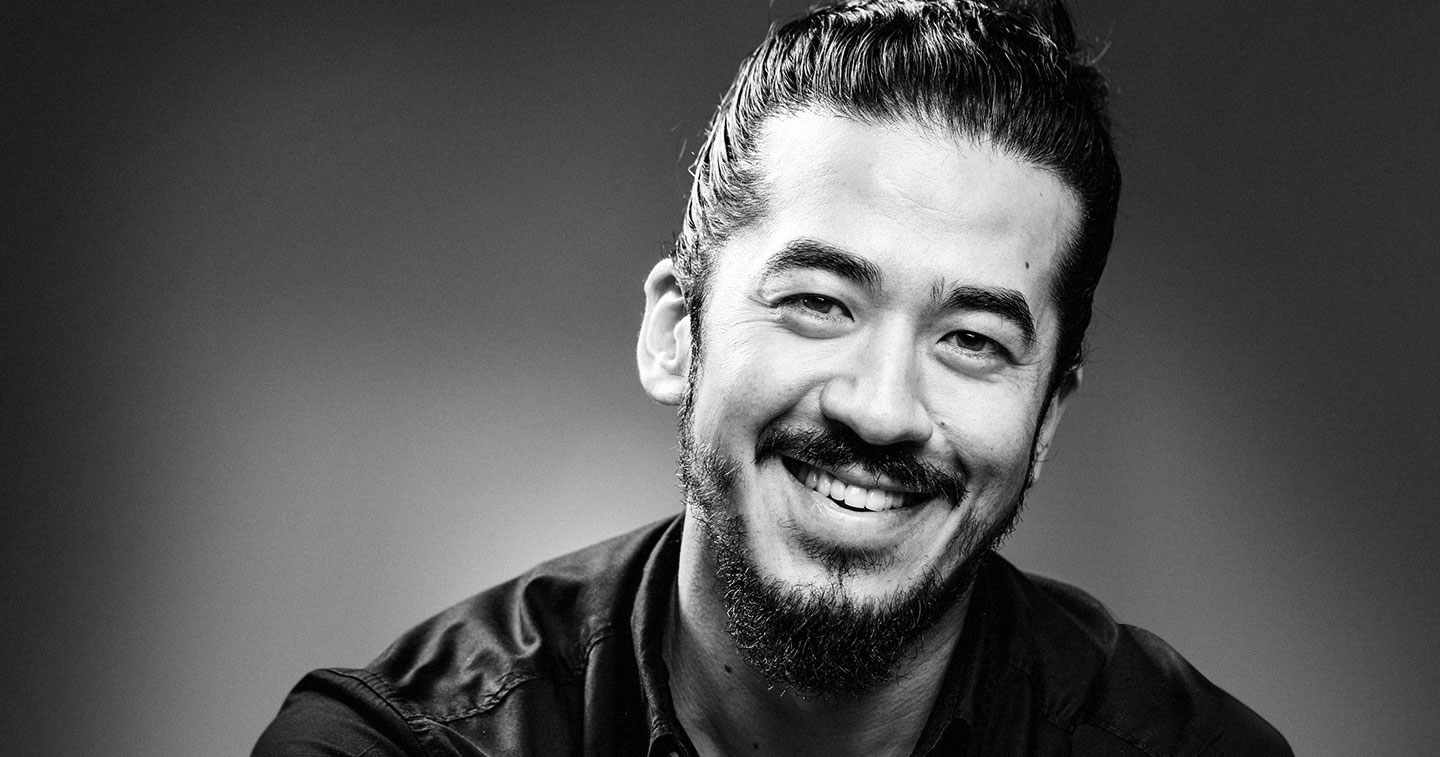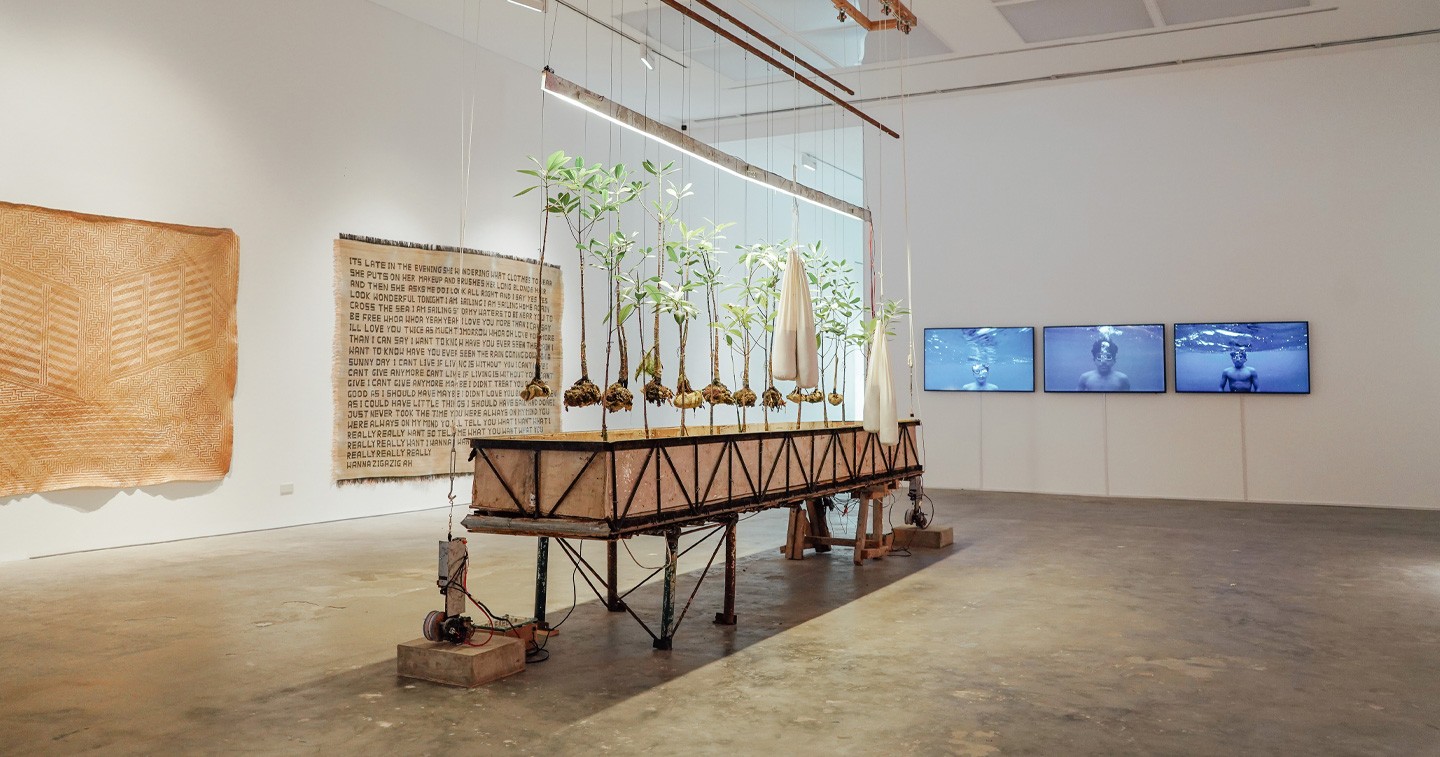MANILA – In war, there are no winners. Everybody loses. And an eye for an eye, as the saying goes, leaves everyone blind. These can be seen as mere platitudes, particularly for most of us who live far from war-torn areas, but for most residents of Jolo, Sulu, these words too often ring true.
Director Sheron Dayoc’s Women of the Weeping River examines how the long-standing war in Mindanao, and the blood feuds that are surprisingly pervasive throughout rural areas in the Philippines. Shot completely using the Tausug dialect (hence the need for subtitles), the cast is made up of non-actors, giving an air of authenticity that might not otherwise be evident if professional thespians were used.
The movie tells the story of Satra (Laila Ulao), a young widow whose family is caught in a blood feud or “rido” that threatens to ruin any chance of peace for her loved ones. Her father-in-law Mustafa (Taha Daranda) is headstrong and refuses to let any perceived slight against his clan slip. Not even the intervention of peacemaker Farida (Sharifa PearlsiaAli-Dans) can temper Mustafa’s anger, and it spills over to Satra, his sons, and those close to their family. When the rido affects the generation following Satra, the pain is magnified even further, as the women are faced with the impossible task of making peace among themselves.
Make no mistake, Women of the Weeping River is a heavy film. This is not for people who are looking for happy endings or clean resolutions. It might take a while to get used to not hearing English or Tagalog, but hearing Tausug from the cast makes the words seem even more raw and true.
Ulao, in particular, embodies what most might perceive as the typical Muslim woman, namely proper, obedient to the men in her family, yet strongly protective of her loved ones. The unspeakable tragedy that befalls her not once, but twice could easily break Satra, but when she chooses to perpetuate the rido instead of ending it, you almost want to forgive her because of what she’s been through. Her eventual realization that this blood feud needs to end doesn’t happen suddenly, and it is her pride that takes a backseat when she chooses to search for a peaceful solution.
The latest offering from TBA Studios has already won its share of awards even before its opening for general release on March 23, 2018. Women of the Weeping River made its premiere at the 2016 QCinema International Film Festival where it won three awards, including Best Picture, Best Actress for Ulao, and Best Supporting Actor for Taha Daranda. It also won the highly coveted Best Picture plum at the 40th Gawad Urian along with Best Director, Best Screenplay, Best Supporting Actress (Sharifa Pearlsia Ali-Dans), Best Editing, and Best Cinematography. It also received the Best Film and Best Performance (for Laila Ulao) citations from the Young Critics Circle in 2017.
In the international film festival circuit, Dayoc was named Best Director at the 5th War on Screen International Film Festival in Châlons-en-Champagne in France, while the movie received the Fasken Martineau Award for Best Feature Film at the Toronto Reel Asian International Film Festival in Canada. Meanwhile, Ulao was named Best Actress at the 1st Asean-China Film Festival in Malaysia.
Life in Mindanao often seems like a dream or something completely foreign to many residents of Manila and its environs. Most of us tend to forget that these are also Filipinos that are living there and that we share a common history and culture. To watch Women of the Weeping River is akin to looking from a window into the lives of these people who have been surrounded by a culture of violence and blood feuds. It is brutal, it is painful, it will leave you uncomfortable, and for all of those, it is a film that needed to be made.








